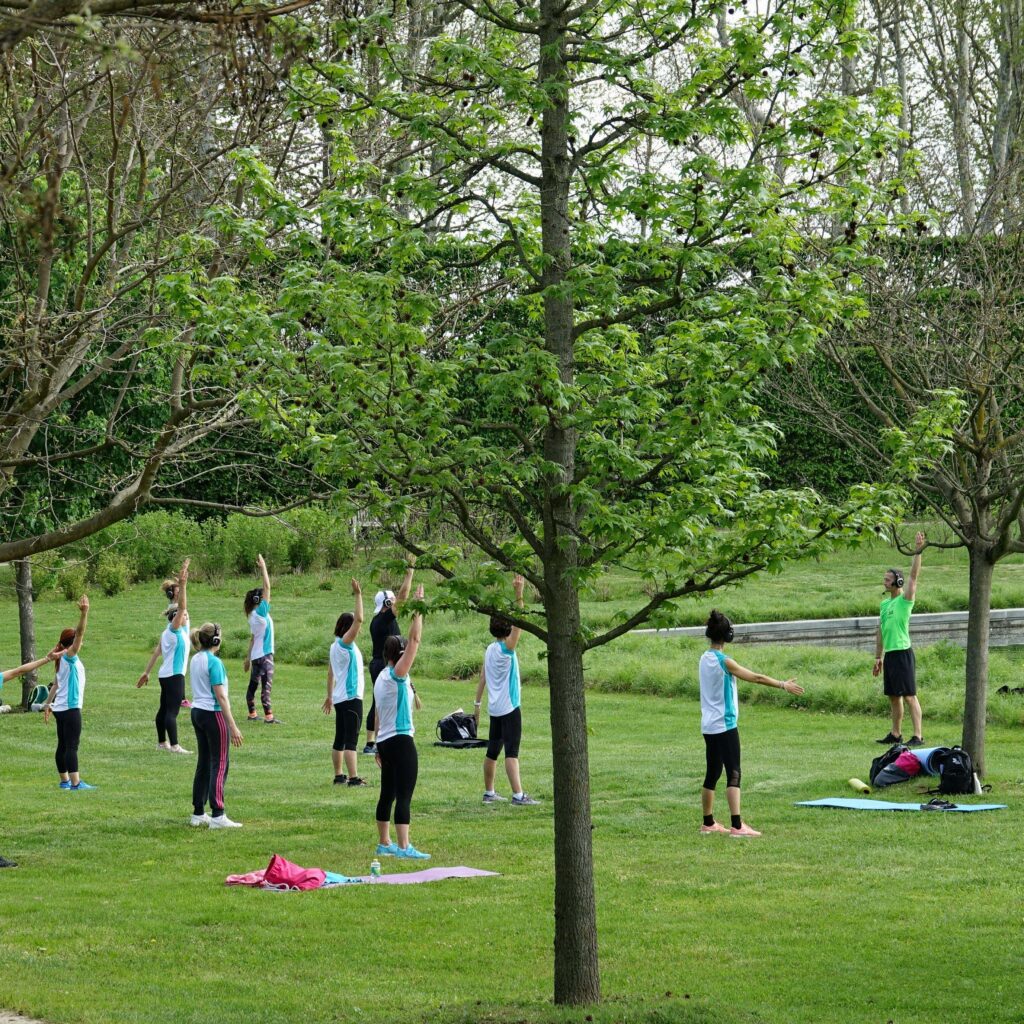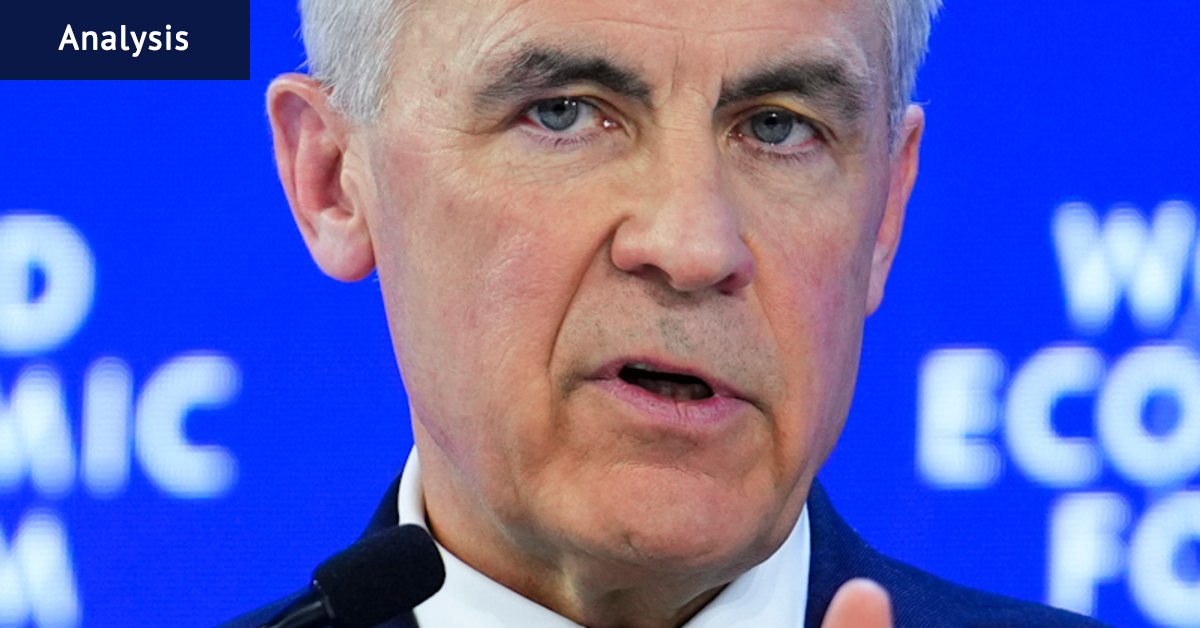
Adopting a more active lifestyle at any stage of adulthood can significantly reduce the risk of early death by up to 40%, according to a new study. The research, published in the British Journal of Sports Medicine, underscores the profound benefits of physical activity, even when initiated later in life.
The study found that engaging in regular exercise throughout adulthood can lower the risk of premature death by 30% to 40%. However, the researchers emphasized that any amount of physical activity is better than none, highlighting that it is never too late to begin exercising.
The Impact of Physical Activity on Longevity
Researchers reviewed 85 existing studies involving millions of participants, concluding that those who were consistently physically active had a 30%-40% lower risk of dying from any cause. Meanwhile, individuals who increased their exercise levels from below the recommended amounts experienced a 20%-25% reduction in mortality risk.
Notably, those who transitioned from being inactive to active were 22% less likely to die from any cause compared to those who remained inactive. This finding suggests that even a late start in physical activity can yield significant health benefits.
Understanding the Mechanisms
The research team, which included experts from the University of Queensland in Australia, explored several mechanisms that might explain the reduced mortality risk associated with high physical activity. These include improvements in physical function and anti-inflammatory effects.
“Several mechanisms may explain the reduced mortality risk with high physical activity, such as physical function improvement and anti-inflammatory effects,” the researchers noted.
The study emphasized the importance of maintaining physical activity throughout adulthood, indicating that starting at any point can provide survival benefits.
Global Recommendations and Practical Advice
The World Health Organisation (WHO) currently recommends adults aim for 150 to 300 minutes per week of moderate-intensity physical activity, or 75 to 150 minutes per week of vigorous-intensity activity, or a combination of both. Examples of moderate activity include brisk walking, heavy cleaning, and cycling, while vigorous activities encompass hiking, jogging, and competitive sports.
Amy Hirst, Cancer Research UK’s health information manager, stressed the numerous benefits of being active, including weight management and reduced cancer risk. She encouraged people to incorporate simple activities into their daily routines.
“Any exercise is better than none, and the more you do, the better. You don’t need to run a marathon or join a gym – anything that gets you warmer, slightly out of breath, and your heart beating faster counts,” Hirst said.
Expert Opinions on the Study’s Findings
June Davison, a senior cardiac nurse at the British Heart Foundation, highlighted the study’s suggestion that it is never too late to become active. She advised adults to aim for daily activity, building up to 150 minutes of moderate-intensity exercise each week.
“This review suggests that being consistently active is associated with a reduction in deaths from any cause. It suggests it is never too late to get active,” Davison remarked.
Tim Hollingsworth, chief executive of Sport England, echoed these sentiments, advocating for physical activity as a priority for health, communities, and the economy.
“Doing something will always be better than doing nothing, and – as is rightly stated – it is also never too late to start,” Hollingsworth stated.
Huw Edwards, chief executive of ukactive, affirmed the study’s findings, noting the significant impact of adopting an active lifestyle at any life stage.
“This study provides clear evidence that switching to an active lifestyle, at any life stage, has a drastic impact on prolonging life,” Edwards said.
Looking Ahead: Encouraging Active Lifestyles
The findings of this study reinforce the critical role of physical activity in enhancing longevity and overall health. As public health officials and organizations continue to promote exercise, the evidence suggests that individuals can benefit from increased activity levels, regardless of when they begin.
With global health guidelines advocating for regular exercise, the message is clear: it is never too late to start moving, and every step counts towards a healthier, longer life.





